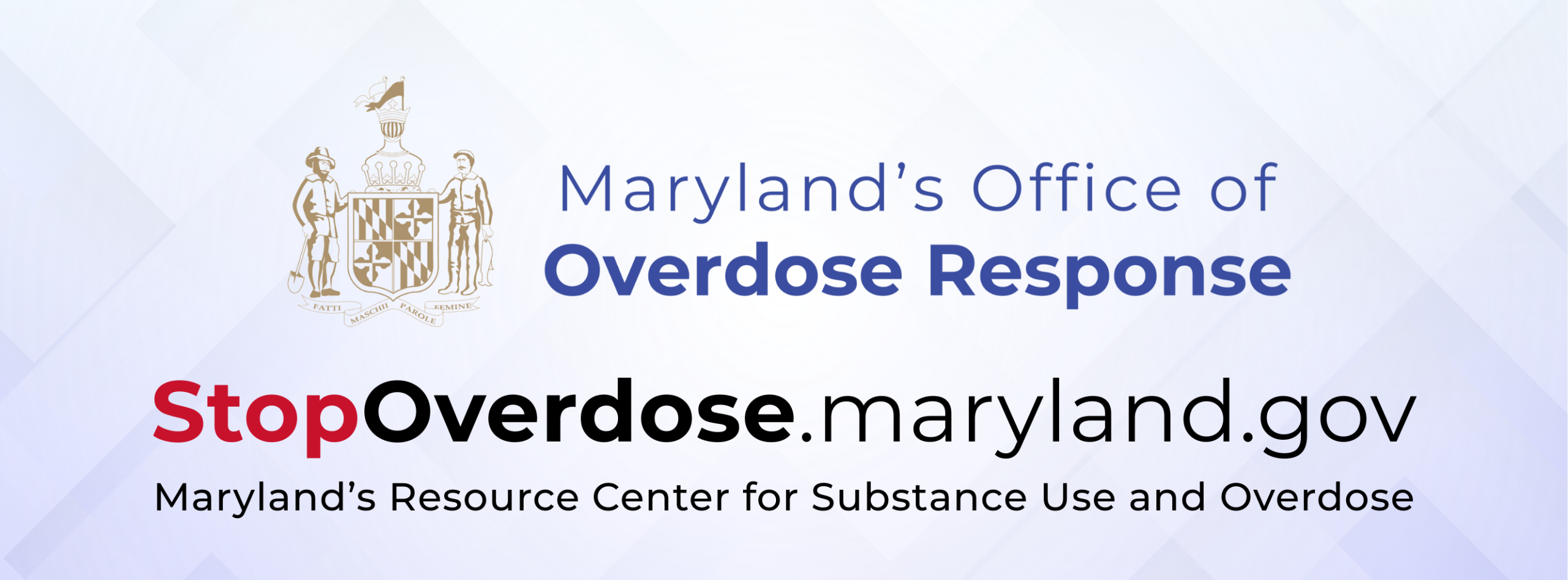Maryland’s Good Samaritan Law
Maryland’s Good Samaritan Law, also referred to as the Good Sam Law, protects those who assist with an alcohol- or drug-related overdose.
What Does the Law Cover?
- Possessing or using a controlled dangerous substance
- Possessing or using drug paraphernalia
- Providing alcohol to minors
Calling 911 will NOT affect your parole or probation status.
Who is Protected?
- Any person who seeks, provides, or assists with getting medical assistance as the result of a person ingesting or using alcohol or drugs
- The person experiencing the medical emergency if they receive assistance because someone else sought assistance for them.
Who is NOT Protected?
- The law does not protect persons witnessing the medical emergency if they’re not helping with the medical emergency.
- The law will not protect against arrest for open warrants or other crimes not listed above.
See all misdemeanors covered by the Good Samaritan Law
What Are the Law’s Limitations?
- It is a state law and only applies to State crimes, not Federal or immigration laws.
- It does not apply to: open warrants, immigration status, university regulations, drug felonies, or other crimes not listed above.
- It does not prevent law enforcement from conducting an investigation and gathering evidence.
To learn more, please see our Good Samaritan Law Fact Sheet:
- Good Samaritan Law Fact Sheet (English)
- Datos sobre la Ley del Buen Samaritano (Spanish Language Good Samaritan Law Fact Sheet)
Good Samaritan Law Public Awareness Toolkit
Use these print and digital resources to share information about Maryland’s Good Samaritan Law.

 1-888-373-7888
1-888-373-7888 233733
233733